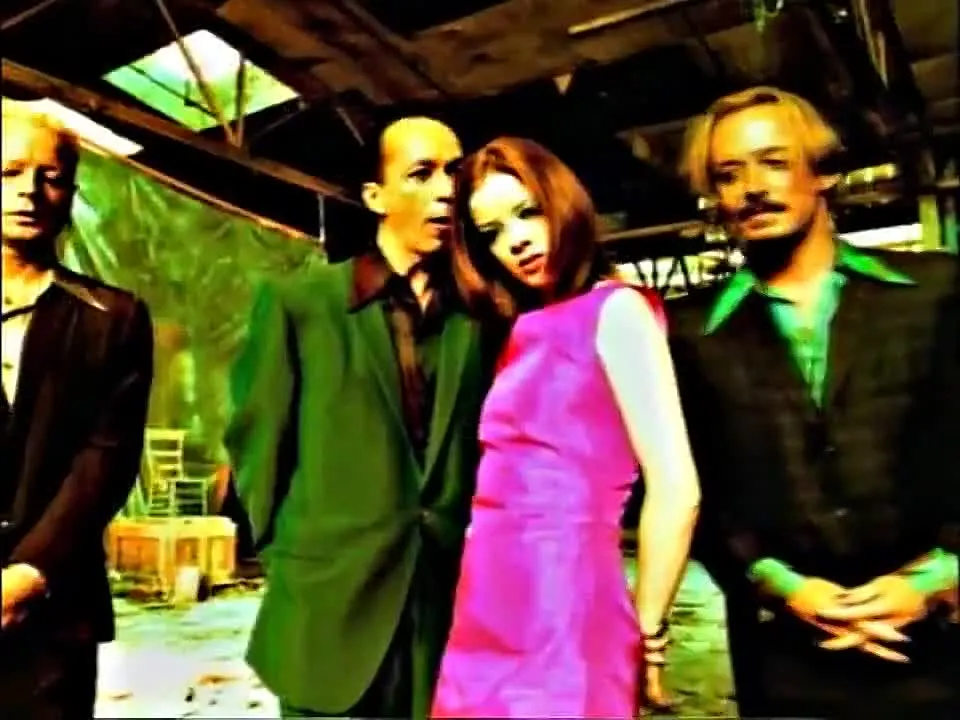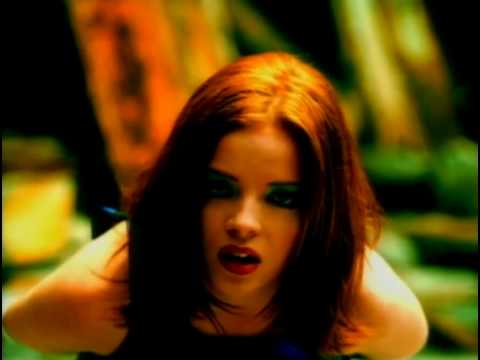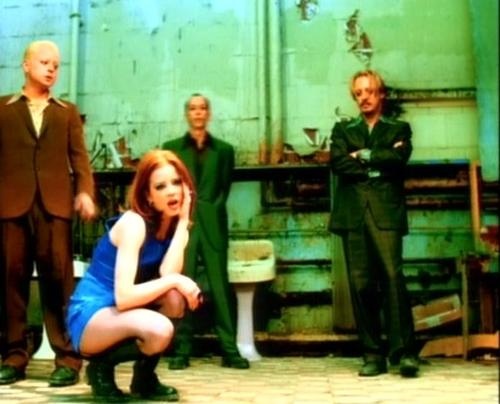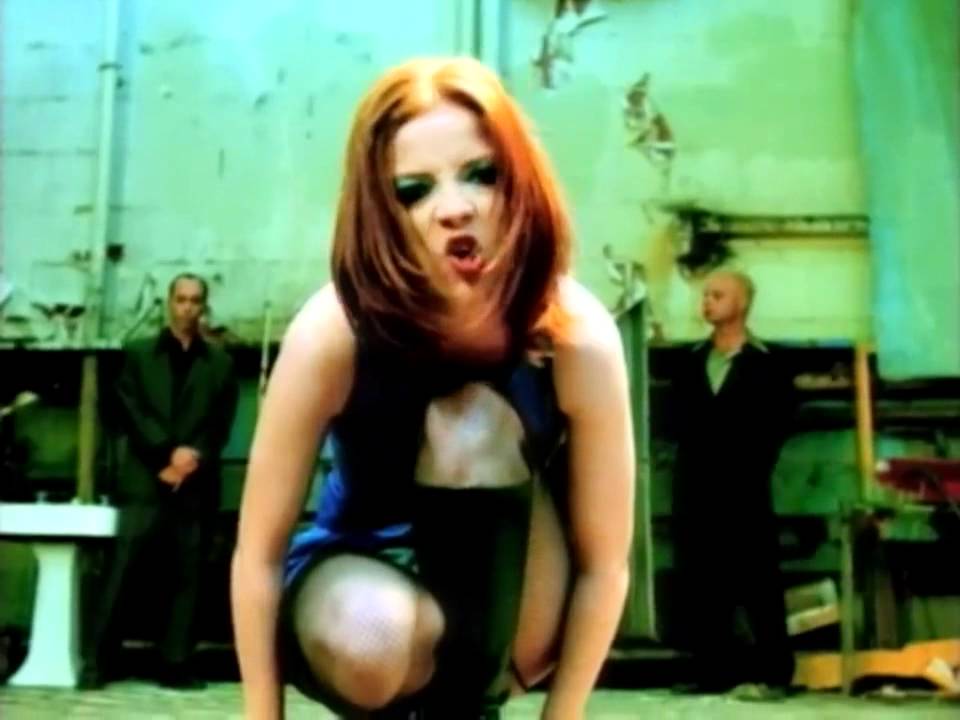Garbage – “Only Happy When It Rains”: A Moody 90s Anthem of Glorious Melancholy

Released in 1995, “Only Happy When It Rains” stands as an iconic alternative rock hit by the groundbreaking band Garbage. More than just a track from their self-titled debut album, this song is a masterclass in sonic alchemy, blending seemingly disparate influences of new wave, disco, and punk into a uniquely compelling sound that captivated a generation. It wasn’t merely a product of its time; it was a defiant statement, a blueprint for the sophisticated, genre-bending pop-rock that would follow.
The song’s immediate allure lies in its intricate production, a signature of the band’s renowned producers, Butch Vig, Duke Erikson, and Steve Marker. They crafted a soundscape that is both lush and edgy, marrying synthetic textures with raw guitar power. The pulsing beat, a driving force throughout the track, lays down a hypnotic groove that subtly pulls the listener in, creating a danceable rhythm that belies the song’s darker lyrical content. This innovative approach to layering sounds established Garbage as sonic architects, pushing the boundaries of what alternative rock could be.
Lyrically, Shirley Manson delivers a performance that is both captivating and deeply insightful. Her portrayal in “Only Happy When It Rains” is a wonderfully tongue-in-cheek take on the angst common in 90s alt-rock, yet it transcends mere cynicism. Manson, with her cool, detached, yet utterly compelling vocals, confesses to being “only happy when it rains” and when things are “complicated.” This isn’t a plea for sympathy; it’s a defiant embrace of a melancholic truth. It’s a dark, self-aware anthem for those who find comfort in the shadows, who understand that genuine emotion often resides in the gray areas of life, not just the bright, sunny ones. The brilliance of her delivery lies in the way she makes this admission sound almost glamorous, transforming personal gloom into an alluring characteristic rather than a burden.
The track’s fusion of vulnerability and danceable energy created a truly groundbreaking sound. It’s a song that allows you to wallow in a moment of introspection while simultaneously compelling your body to move. This innovative blend resonated deeply, propelling “Only Happy When It Rains” to top charts worldwide and cementing its status as a defining 90s classic.
Beyond its commercial success, the song’s influence ripples through pop and dance music, demonstrating how a band unafraid to mix genres can redefine musical landscapes. “Only Happy When It Rains” proved that emotional depth could coexist with infectious rhythms, and that the “rainy” parts of life could be celebrated, or at least acknowledged, with a compelling soundtrack. It remains a powerful testament to Garbage’s unique artistry, an enduring reminder of a time when melancholy could sound so utterly glorious.










